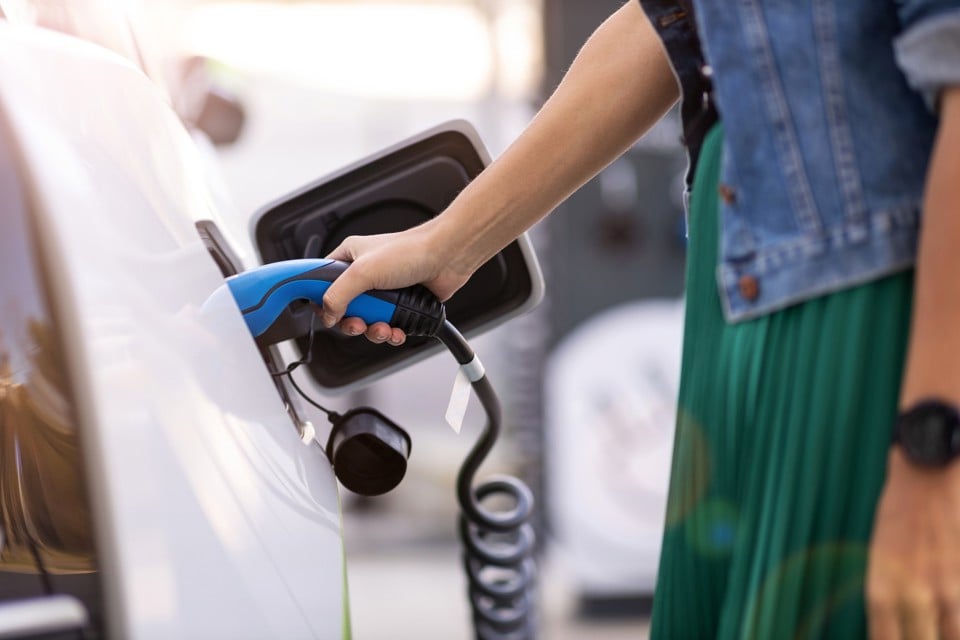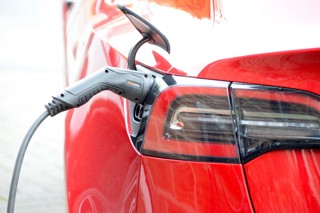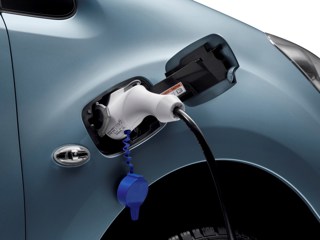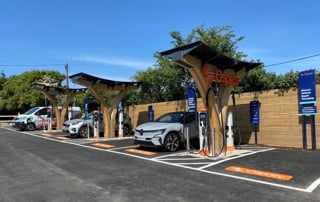Electric vehicle (EV) charge time and battery capacity are “critical issues” that need to be overcome to accelerate EV adoption, new research has found.
The report by Clarivate, ‘The road ahead: sustainable vehicles today and in the future’, highlighted consumer concerns regarding EV range and ‘inadequate’ charging infrastructure.
The company said there are low levels of inventive activity to reduce EV charging time and improve battery capacity and overcoming these challenges is critical to unlocking mass-market adoption of EVs.
Gordon Samson, president, IP Group, Clarivate, said, “Since the launch of the world’s first mass production hybrid electric vehicle ushered in a new era in the automotive industry, we’ve witnessed impressive technological advancement of electric vehicles.
“However, its full market potential is yet to be realized. As our report shows, key design issues must be overcome to unlock the sector’s full potential.
“We believe human ingenuity can change the world and EV innovation will accelerate societal progress in building a better and more sustainable future.”
Clarivate said trademark applications at IP offices including the United States Patent and Trademark Office (USPTO) and European Union Intellectual Property Office (EUIPO), showed that applications covering chargers and charging station services for EVs lag other EV applications, and only started to increase since 2017.
The report also found that tracking geographic innovation trends has another facet – where ideas are protected as intellectual property assets. The highest volumes of inventive activity come from research and development (R&D) centres of innovators, primarily in Japan, Mainland China, South Korea, Germany and the United States, according to the research.
Filing locations speak to where EV car sales will mostly take place, showing the influx of Japanese and European protection in the United States, Europe and Mainland China, said Clarivate.
The increase in popularity of EVs has a ‘significant impact’ on litigation activity, the company said - with most EV litigation taking place in Europe, Mainland China and Japan.
Other findings from the report include there being a lack of common “left of the dot” strings across auto companies’ brand TLDs. Clarivate said this indicates that each auto manufacturer is deploying a unique brand strategy and reflecting the various options available to brand TLD owners.
The report also identifies the ‘top 75 entities in the EV space’ – the list includes car manufacturers such as Toyota and Volkswagen, component suppliers including Bosch and Denso and technology enablers such as LG Chem and Panasonic.
Samson added: “Sustainability has become a strategic imperative, not just for the automotive sector, but for the world.
“As the transition to electric vehicles and sustainable transportation intensifies, it is our mission to provide businesses with integrated solutions that drive meaningful and impactful progress towards solving one of the world’s most complex challenges.”
























Login to comment
Comments
No comments have been made yet.